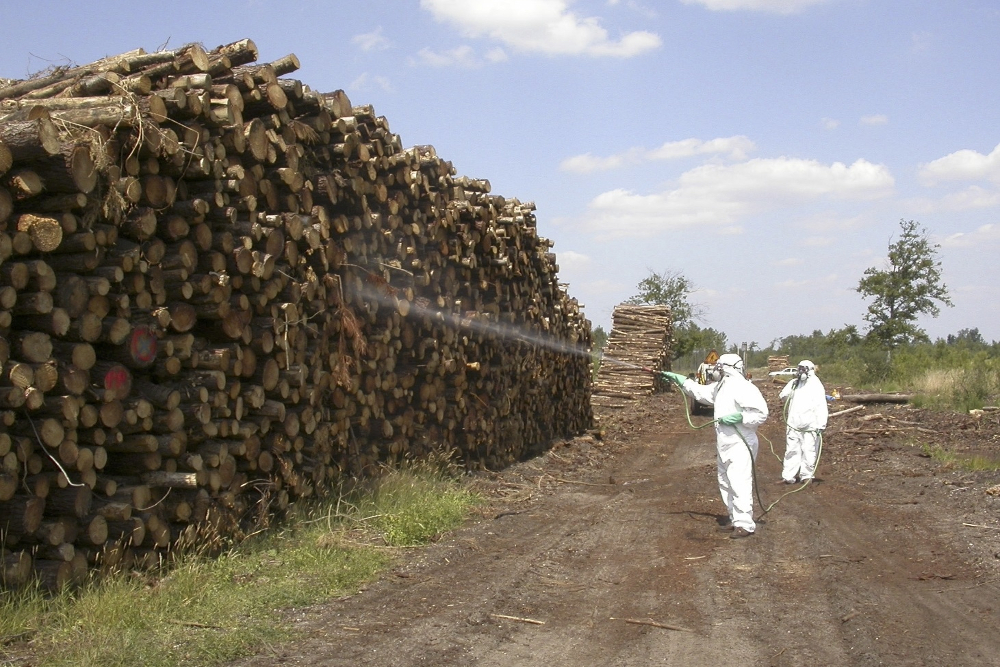
The Problem Is Not Glyphosate, or DDT, or BPA – We Must Challenge the Entire System!
Apparent 'victories' in the fight against toxic chemicals - like the EU's failure to re-approve glyphosate yesterday - are illusory, writes Jonathan Latham. The real problem is not one of specific 'bad actors', but the entire system that allows new, likely to be toxic compounds to pollute the environment in near-total ignorance of their impacts. It's time to take our campaigning to a whole new level.
Piecemeal, and at long last, chemical manufacturers have begun removing the endocrine-disrupting plastic bisphenol-A (BPA) from products they sell.
May 20, 2016 | Source: The Ecologist | by Jonathan Latham, PhD
Apparent ‘victories’ in the fight against toxic chemicals – like the EU’s failure to re-approve glyphosate yesterday – are illusory, writes Jonathan Latham. The real problem is not one of specific ‘bad actors’, but the entire system that allows new, likely to be toxic compounds to pollute the environment in near-total ignorance of their impacts. It’s time to take our campaigning to a whole new level.
Piecemeal, and at long last, chemical manufacturers have begun removing the endocrine-disrupting plastic bisphenol-A (BPA) from products they sell.
Sunoco no longer sells BPA for products that might be used by children under three. France has a national ban on BPA food packaging. The EU has banned BPA from baby bottles.
These bans and associated product withdrawals are the result of epic scientific research and some intensive environmental campaigning. But in truth these restrictions are not victories for human health. Nor are they even losses for the chemical industry.
For one thing, the chemical industry now profits from selling premium-priced BPA-free products. These are usually made with the chemical substitute BPS, which current research suggests is even more of a health hazard than BPA. But since BPS is far less studied, it will likely take many years to build a sufficient case for a new ban.
But the true scandal of BPA is that such sagas have been repeated many times. Time and again, synthetic chemicals have been banned or withdrawn only to be replaced by others that are equally harmful, and sometimes are worse.
Neonicotinoids, which the International Union for the Conservation of Nature (IUCN) credits with creating a global ecological catastrophe, are modern replacements for long-targeted organophosphate pesticides. Organophosphates had previously supplanted DDT and the other organochlorine pesticides from whose effects many bird species are only now recovering.
The same is likely to happen with glyphosate – whose authorisation the EU notably failed to renew yesterday. If the EU does ban the herbicide in the next few months, the most likely outcome by far is that farmers will reach for another bottle. They will only spray 2,4-D, dicamba and glufosinate (phosphinothricin) instead.
